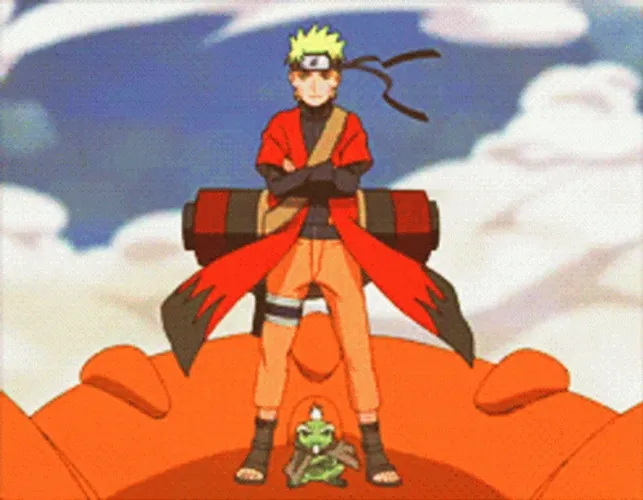
One of the big things that’s really cooked us as a nation is the demise, nay, the slaughter of the Great Barrier Reef. I’d even go as far as to tying it to all the major political downfalls of the last five years.
It’s a 2300km stretch of coral reef that stretches down the coast of Queensland and through rising water temperatures, pollution, and other things that can absolutely be avoided, we’re bleaching and ravaging one of the natural wonders of the world.
If you’re thinking that this is an issue that is massively larger than you, a single person with minimal influence on the environment, then here’s a bunch of small things that you can do with your everyday life that will ultimately have an impact on not just the ocean and the Great Barrier Reef, but also maybe encourage your mates to be a bit more conscious about their impact as well.
Say No To Toxic Skincare
When you slop on some sunscreen and go for a splash, you probably don’t think about how much of the sun protection is washing off you and into the ocean.
Between 6,000 and 14,000 tons of sunscreen wash off swimmers each year into coral reef environments. It’s horrifying to think that up to 10% of the world’s coral reefs are now threatened by chemicals found in most sunscreens. To give you an idea of the scale of the problem – as little as one drop of the toxic ingredients found in sunscreen in a space as big as 6.5 Olympic sized swimming pools is enough to kill or bleach coral.
The good news is that you can absolutely change that – don’t use the shit stuff. Avoid products that include very serious-sounding things like Butylparaben, Octinoxate (Ethylhexyl methoxycinnamate) and 4-methylbenzylidene camphor (4MBC), which all cause coral bleaching. And then there’s Oxybenzone (Benzophenone-3, BP-3), which along with coral bleaching, has the delightful effect of messing with coral reproduction and damaging coral DNA.
The trick is to actively be conscious about what you’re putting back into the water – Little Urchin sunscreens are among some of the great products out there that are not putting reef-killing chemicals back into the ocean when you go for a dip.

Cut Down On The Plastics
Seems easy, right? That’s because it sure as hell is. Cutting down – or cutting out – plastics help to reduce the amount of plastic that that goes back into the earth via landfill or getting somehow swept into waterways.
Investing in reusable coffee cups, water bottles, shopping bags, and straws are a really good way to start. Be mindful of any body scrubs and cleaning products that have microbeads in them, because they’re teeny tiny bits of plastic that absolutely bork up fish and other marine life. Microbeads are being phased out in Australia by July 1st, 2018 but until then – be vigilant.
If you’re out and about, not grabbing a straw at the bar and having your morning brew at the cafe instead of in a takeaway cup are simple and effective ways to not only reduce your placcy output, but also encourage you to slow down and enjoy your bevvie of choice.

Think Before You Buy
Buying your groceries from local farmers helps to cut down on pollution emissions from transport, and the amount of pesticides going back out into the waterways.
Spending time exploring local produce means you’re not only supporting independent farmers and businesses, but it also usually means you can spend a bunch of time at farmers markets and you’re actively helping to cut down the amount of wasted produce that gets dumped because it’s not at a supermarket standard.
Something else to be mindful of when shopping is the amount of harmful chemicals that are in a bunch of household items. Opting for more ~environmentally-friendly~ cleaning products (because a bunch of that goes down the drain at the end of the day) is a simple way to change what you put back into the water environments around you.

Pick Up The Damn Trash
If you’re ever wandering along the beach, make an effort to try and take at least three pieces of rubbish with you. It might be some washed up trash from people fishing out at sea, or maybe a discarded tinnie leftover from folks having a beer down in the dunes.
And if you’re having a picnic on the beach or something where there will be some stuff to be binned – take it with you. You know how someone always talks about ‘leaving only footprints’ in natural environments? Yeah, do that.

Eat And Buy Sustainable Seafood
Ok this one takes a little bit of mind power and a sharper eye that looks further than the specials tickets at the supermarket. If you’re able to, start thinking about buying sustainably-caught fish and seafood. If you’re into tinned tuna/salmon/etc, their sustainability stance is usually printed on the tins.
If you’re buying fresh from the market, do some research and buy from ethical and sustainable fisheries. Over-fishing is something that is a real issue in the seafood industry, so making sure you’re buying from places that are responsibly catching their produce and not using destructive methods like bottom trawling.
Research Before You Hit The Sea
If you’re headed out on a cruise or plan to be on the water, read up about the companies you’re travelling with. Make sure you’re not chucking anything overboard that doesn’t belong in the ocean (as much as we like to tell people to get in the sea, don’t do that), and help out oceanic ecosystems by being responsible with your on-water travels.

That’s only just the tip of the iceberg, so to speak. The important thing to remember is that we only have one reef, and once it’s gone you may as well scrub snorkelling on the Great Barrier Reef off ya bucket list.







